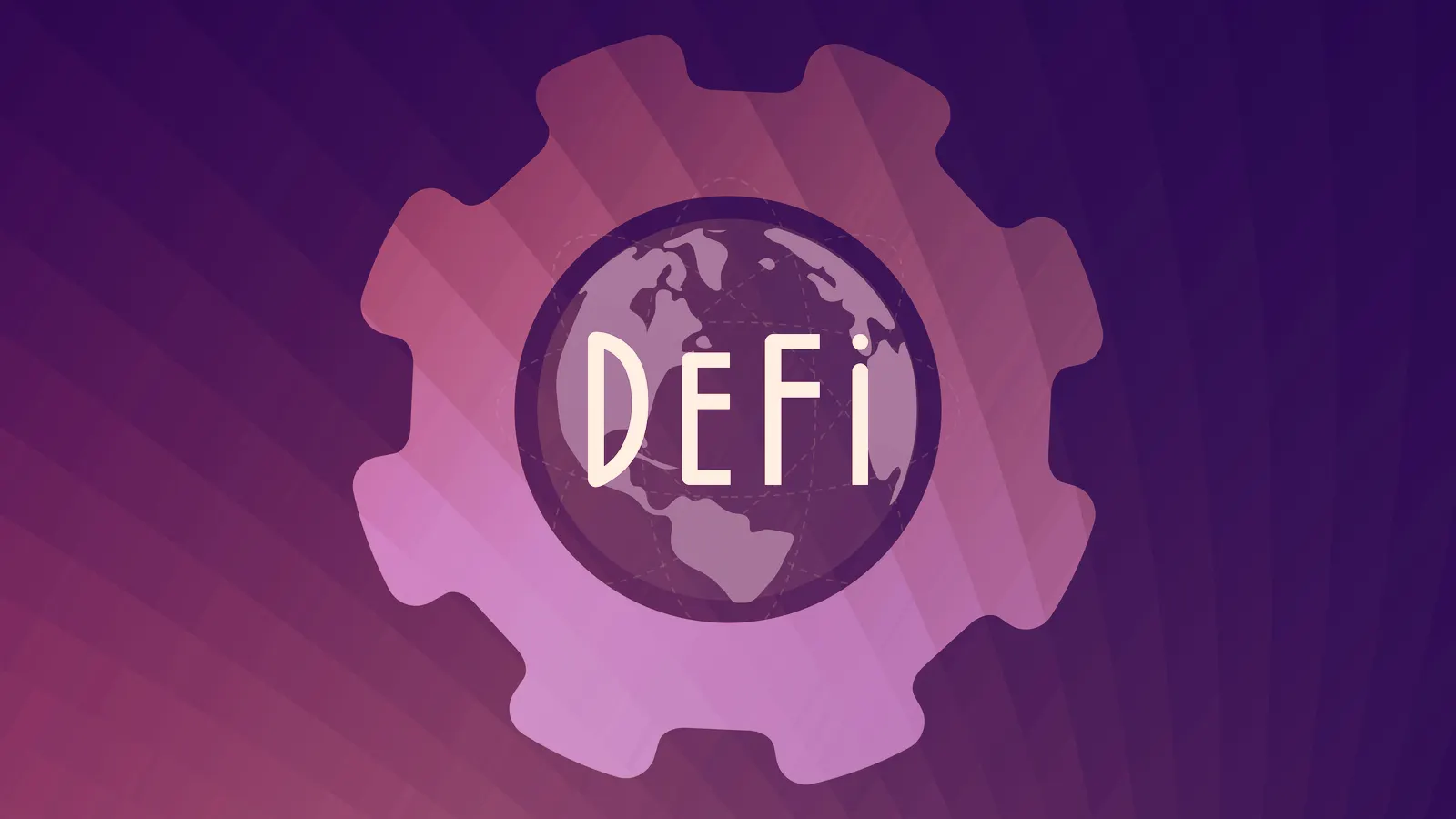In brief
- Trustology has released DeFi Firewall protections for their customers, preventing funds from custody clients going to unverified DeFi protocols.
- Trustology secures customer funds in custodial hardware wallets, offering insurance protection and account recovery capabilities.
- The new protections could draw more institutional investors and their holdings into DeFi.
A new set of security controls are making the wild world of DeFi safer for institutional crypto investors, without sacrificing the convenience and accessibility of decentralized protocols.
Trustology announced today the release of new smart contract safeguard controls, a firewall designed to only allow interactions with verified safe DeFi smart contracts from the TrustVault custody system. Trustology is a digital asset custody provider, helping institutions and other big-money entities hold their crypto in highly secure hardware modules, with added features like optional insurance coverage and account recovery capabilities.
Trustology is pleased to announce that it will be the first to offer institutional #DeFi market participants new smart contract safeguard controls across protocols with no compromise to convenience, security or transacting in real-time. Read more here: https://t.co/Ka74v91EPt pic.twitter.com/fIKyXQhVhV
— Trustology (@TrustologyIO) September 23, 2020
The new controls show that innovative DeFi projects, and their touted sky high annual returns, are attracting the attention of institutional investors who recognize they need additional protections from risks that many DeFi users admittedly still only barely understand.
“DeFi” designates an emerging group of blockchain-based protocols that give users access to financial products commonly available from traditional banks and financial institutions, including dollar-denominated loans and interest-earning depository accounts. In the last four months, these products have attracted several billion dollars worth of newfound interest.
DeFi protocols are powered by smart contracts, or blocks of code that are executed automatically on the Ethereum network, cutting out trusted third-parties or middle-men that would otherwise take a cut of the earnings from a financial instrument. Smart contracts allow DeFi protocols to offer superior returns to individual users, but also introduce risks, especially when contract code has not been audited for potential bugs or backdoors used to siphon out deposited user funds.
Many DeFi protocols are also open-source, allowing anonymous developers to clone their functionality in mere hours or days while making small changes that can potentially exploit unprepared users. These copycat projects have proliferated through 2020 and rarely receive audits, further increasing the risk to users of depositing funds and never seeing them again.
Trustology’s TrustVault users could already integrate with MetaMask, a browser extension used for sending transactions and interacting with the Ethereum ecosystem. Now, Trustology’s DeFi Firewall can validate transactions sent from TrustVault accounts to confirm that the destination smart contract address, the contents of the transaction itself, and other security parameters are met before transferring funds.
The firewall allows Trustology to verify the safety of DeFi projects before allowing users to make deposits, and claims to do so while adding no additional friction to the transaction process—unless a user is stopped from interaction with an unauthorized protocol or address in an effort to protect them from potential losses.
“DeFi is at an all time high in terms of locked value, trading volumes, innovation, growth and risks. We want to ensure we are the crypto spacesuit that institutional DeFi pioneers have been waiting for,” Trustology founder and CEO Alex Batlin said in a press release.
Trustology has not yet disclosed which DeFi protocols are authorized to pass the firewall, but in that same statement, Baitlin name-dropped crypto loan services Maker and Compound as products institutional clients may be interested in using.
A firewall for interacting with emerging DeFi projects may incense some decentralization die-hards, but going against the ethos of maximum control over one’s digital assets isn’t likely a major concern for those already employing Trustology custody solutions.
On the other hand, the added security and peace of mind from interacting exclusively with pre-verified projects could encourage more institutional investors to dip a toe into DeFi, ultimately bringing even more liquidity to the growing DeFi arena.
Disclaimer
The views and opinions expressed by the author are for informational purposes only and do not constitute financial, investment, or other advice.

